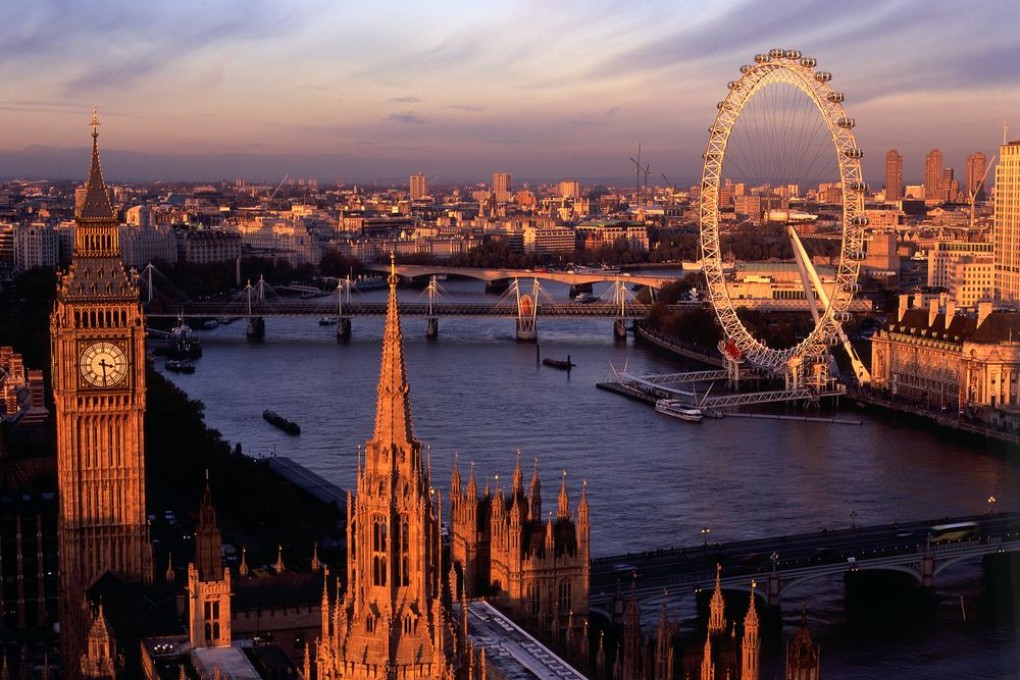Economy in quick recovery
GDP growth outpaces Western countries, surprising experts, writes Richard Warren

Britain has emerged from a double-dip recession, brought on by the 2008 credit crunch, to become the Western world's fastest-growing economy. According to the Organisation for Economic Co-operation and Development (OECD), Britain's GDP will expand 3.2 per cent this year, which is more than in Germany, the United States or any other of the OECD's 34 members of economically advanced countries.
The rapid GDP growth reflects the British government's partial success at rebalancing its economy away from dependence on property, the public sector, financial services and consumer spending, and onto exports, manufacturing output and business investment. Westminster wants to rebalance the economy to turn trade and budget deficits into surpluses.
Britain's performance has surprised a lot of people. The International Monetary Fund (IMF) has been forced to drop its criticisms of British economic policy in light of the country's rapid GDP growth. Last year, the IMF said higher public sector investment was needed to stimulate the economy, but now concedes it "underestimated" GDP growth and admits policies aimed at reducing state spending are "appropriate".
Although consumer spending has contributed significantly to British GDP growth since recovery started in the last quarter of 2012, business investment and manufacturing have grown important.
Samuel Tombs, Britain economist at the consultancy Capital Economics, says companies had paid off their debts during the recession and were now investing in their businesses at an accelerating rate because of their growing confidence in the country's economic future. "We've now seen investment push up quite strongly over the past four or five quarters by 2 per cent a quarter," he says. "There will be double-digit annual growth in the coming years."
By spending money on machinery and other capital goods for their factories, the investment by these companies is helping to push up manufacturing output. Manufacturing grew at 1.3 per cent in the first quarter of this year, which is faster than the 0.8 per cent overall growth in the same period. "Manufacturing is growing faster than GDP, mainly because of domestic demand for both consumer goods and capital goods," Tombs says.
Although the trade deficit has narrowed, exports are not growing for two reasons, Tombs says. First, demand in the country's biggest overseas market - the euro zone - is weak, and second, a rise in the value of sterling has made British goods and services expensive abroad. Tombs expects British exports to rise when the euro-zone economy recovers more strongly from the recession.
